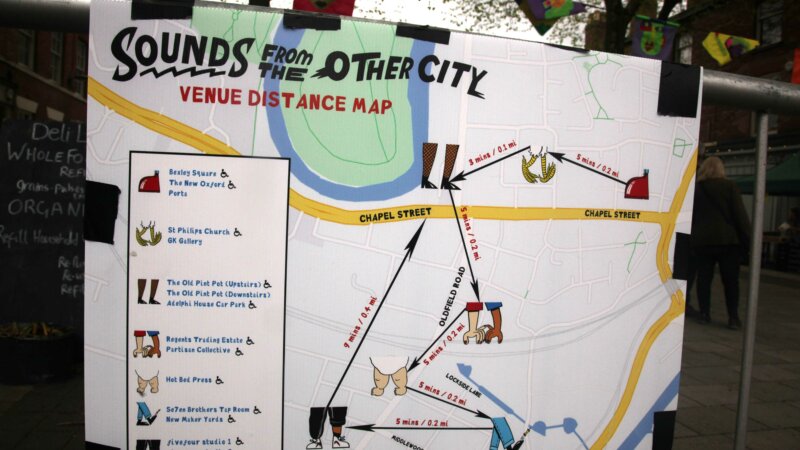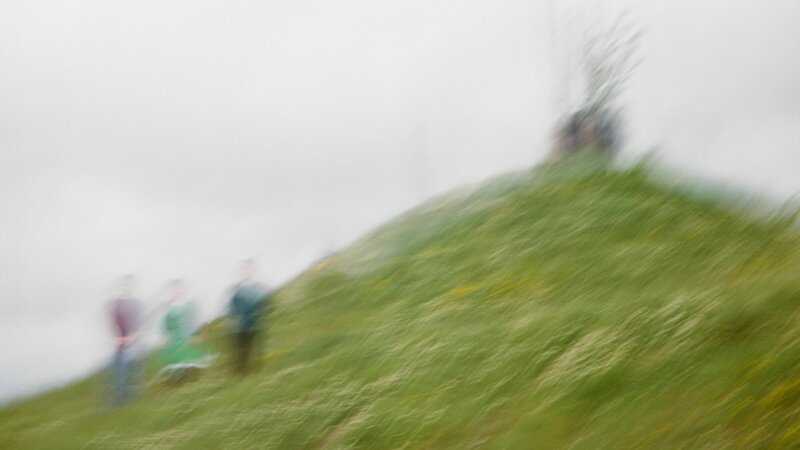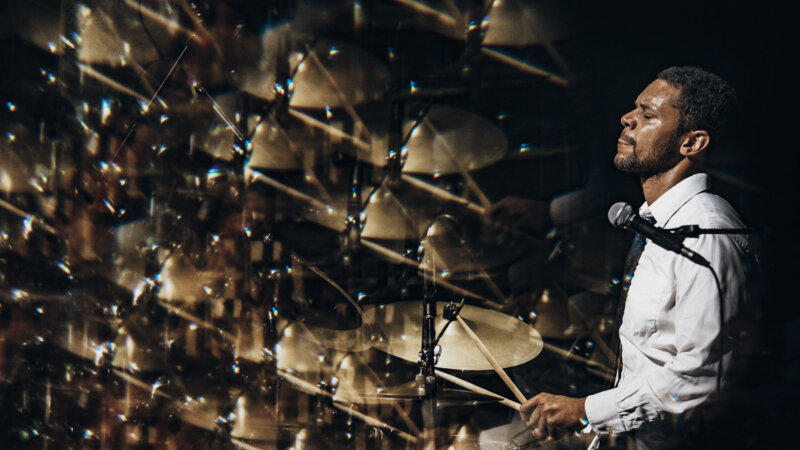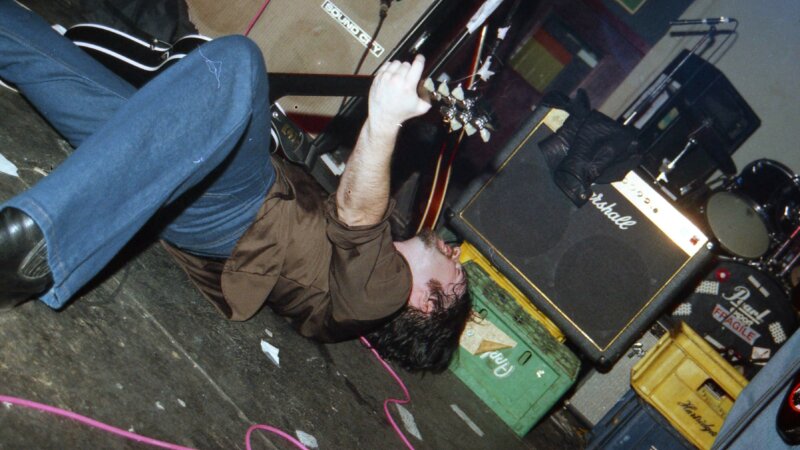Throwing Darts in Lovers' Eyes
The news arrived by text, waking me up on a Monday morning. No time was available to take stock of this, what it meant to me, or why. Yet, sitting in traffic on a bus full of faces buried in screens and wrapped in the worlds of their headphones, I started to cry.
I have never shed tears at the death of a celebrity before, and it felt all the stranger considering this one was someone you couldn’t know at all. His interaction with the public was only really conducted under the guise of personas, meant in the truest sense of the word – as masks. Though his departures varied in terms of how distanced they were from his ‘real’ life, more obvious when under different names or guises, it would be wrong to assume that the less overtly theatrical iterations of Bowie were anything closer to the ‘true’ man.
Bowie was always fascinated by the way in which the self you project casts a spell, and it is perhaps by portraying him as a postmodern magician that we can most accurately understand his impact. Because, despite the playfulness of much of his output, that clear ear for a hit single that he wove into even the most conceptual of albums, it is a Bowie who creates at the confluence of Europe’s intellectual, spiritual and esoteric traditions that marks him out as important. Bowie desired and declared himself to be a part of them in a recurring lyric: “The European canon is here.”
Like his philosophical idol Nietzsche, Bowie physically embodied his mental processes, making his career a series of becomings, a work of art-in-progress. His lyrics, like his music, are often a pastiche crafted from a fulcrum of where he and his influences were at any given moment, reaching a climax with Station To Station, which legend has it was written during a transformative experience on a Trans-American train journey. The desire to live and write about the full spectrum of experience might have meant experiments with sexuality, the blurring of gender lines, and the huffing of great white ones – things which endeared him to many in persecuted communities, who claimed him as an ally, but they also led to experiments in finance, the reckless selling of ‘Bowie bonds’ and even his own bank. It is somewhat reminiscent of another great figure of postmodernism, the author Thomas Pynchon, who worked for arms companies while writing his nuclear paranoiac masterpiece, Gravity’s Rainbow. Living out their subjects, they both often found solace from apocalyptic loneliness in the summoning of a contrary, nihilistic life force which had the capacity to soar majestically on its own creative energy, “a word on a wing”. But Bowie could also plumb modernity’s most sordid depths and flirt with the self-annihilation lying at its heart: “We’ll buy some drugs and watch a band / And jump into a river holding hands.”
Online communities have been berating David Cameron’s tributes to Bowie, understandably but misguidedly desiring to claim him for the radical, for the left. In reality, Bowie was politically as close to conservatism as he was to anything else, even drawn to fascism at points. That people find this hard to comprehend from a man who gave us Ziggy Stardust is a mark of how successfully Bowie’s public persona integrated disparate elements, its malleability meaning that we all create our personal ideas of who he was, ideas which tell us more about ourselves than they do him. Nothing conveys this better than the way ‘Heroes’ has become the pop equivalent of Beethoven’s 9th Symphony, a hymn to humanity used to soundtrack DIY discos and party conferences, Olympic ceremonies, phone adverts and revolutions.
That he infests so many strands of culture is due to the way he let culture infest him. In “an age of grand illusion”, Bowie realised that you can’t hope to transcend the reality you inhabit, but by creating theatrical extensions of it you can embody and critique it. In a way both unreasonable and utterly human, he drove this strange art of artifice and honesty forwards to glorious explosions, and, at points, beyond them. No pop cultural figure before or since has embodied so completely what it is to be a human in an era beyond good and evil, an era where truth is what you believe it is, where the self is idealised and impossible. That figure, at least, is what Bowie means for me, who those tears on the bus were shed for. But then the Bowie we get, like life, is only ever what we make of him. There is a lesson hiding in there. That it’s a hard one to see was, and still is, a great part of his attraction.





